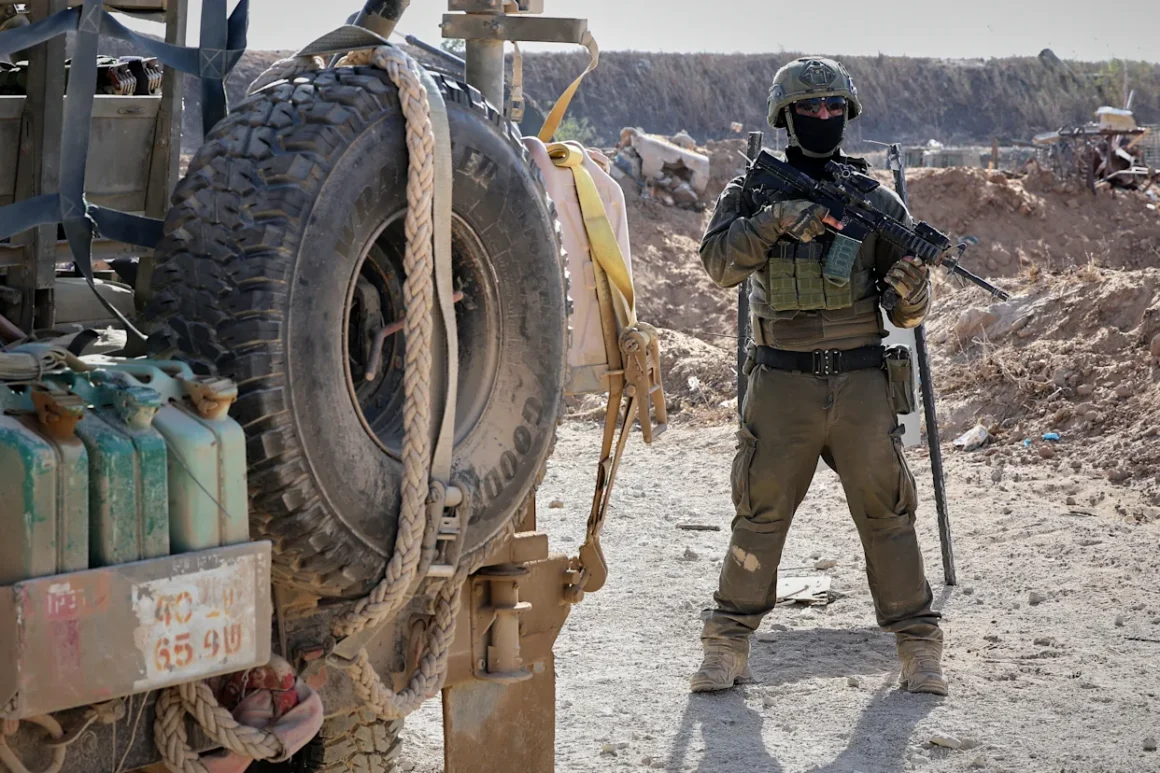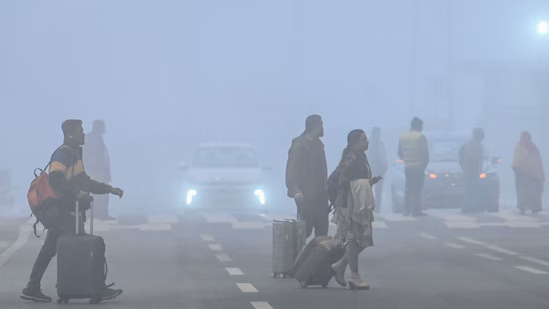
As hopes for a ceasefire rise, Hamas demands guarantees insists on firm international guarantees that Israel will end its military campaign and withdraw from Gaza before any deal moves forward.
Two Days of Fragile Negotiations
On October 7, 2025, the second day of ceasefire negotiations between Hamas and Israel, mediated by Egypt, Qatar, and the United States, concluded in Sharm el-Sheikh without a breakthrough. Despite intensive back-and-forth discussions, the key hurdle remains Hamas’ demand for written assurances that Israel will end the war and pull out its troops from Gaza.
Senior Hamas official Fawzi Barhoum told reporters that the group will not proceed with any agreement unless there are “real guarantees that Israel will end its aggression, lift the siege, and withdraw completely.” Hamas negotiators also proposed a phased hostage-for-withdrawal plan, in which the release of Israeli hostages would be tied to each stage of Israeli military withdrawal.
Israel’s Position Remains Firm
Israeli officials, while open to talks on humanitarian aid and hostage exchanges, have resisted committing to a full withdrawal upfront. Hardliners in the Israeli cabinet argue that such a move could allow Hamas to regroup and rearm. This fundamental difference continues to stall progress despite the involvement of mediators.
The talks follow a 20-point peace framework reportedly drafted by former U.S. President Donald Trump, which proposes:
- A gradual ceasefire with verified pauses in fighting.
- A step-by-step exchange of Israeli hostages and Palestinian prisoners.
- The progressive pullback of Israeli troops in exchange for guarantees of Hamas halting attacks.
However, Hamas’s deep distrust of Israel — citing decades of unfulfilled promises — has become a major obstacle to sealing any agreement.
Fighting Continues Despite Diplomacy
Even as negotiations unfolded, Israeli air and ground operations continued in parts of northern and central Gaza, underscoring the fragile nature of the talks. Residents in Gaza reported ongoing strikes that further worsened already dire humanitarian conditions. International aid agencies warn that the conflict has left hundreds of thousands displaced, with food, water, and medical supplies running dangerously low.
Hamas demands guarantees: Mediators Push for Common Ground
Qatar, Egypt, and the United States are leading efforts to bridge the trust deficit between the two sides. Diplomats say that to break the deadlock, they may need to establish international monitoring mechanisms to oversee any withdrawal and guarantee compliance. Suggestions include deploying UN-backed peacekeepers or neutral third-party observers.
Mediators describe the current round as the most serious since the conflict began but admit that reaching consensus on the timeline and enforcement of withdrawal remains elusive.
Global Reactions and Stakes
The international community has welcomed the talks but expressed frustration at the lack of progress. The United Nations has urged both parties to prioritize civilian protection, warning of a deepening humanitarian catastrophe if negotiations collapse.
For Hamas securing guarantees is crucial to ensure the war truly ends, while Israel seeks security assurances to prevent future attacks. The outcome of these discussions could shape the future political and security landscape of Gaza and influence regional stability.
Hamas demands guarantees: The Road Ahead
Negotiations are set to resume for a third day, with mediators urging both sides to compromise on sequencing and security arrangements. Observers believe that unless Hamas’s demands for guarantees and Israel’s security concerns are reconciled, the conflict could drag on despite international pressure for peace.
FOR MORE BLOGS – beyondthepunchlines.com

 Add to favorites
Add to favorites








